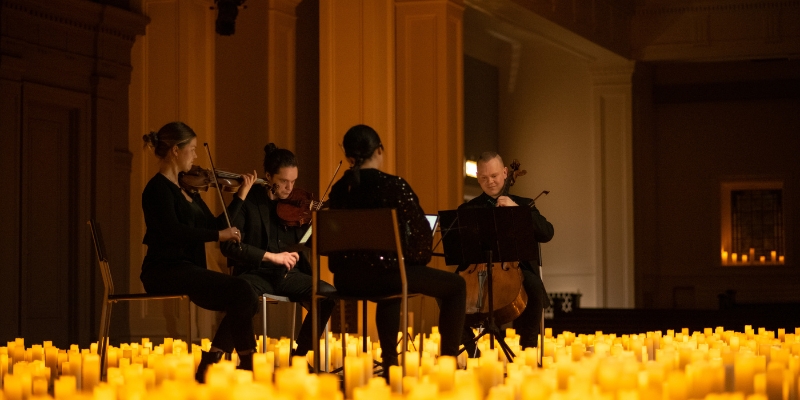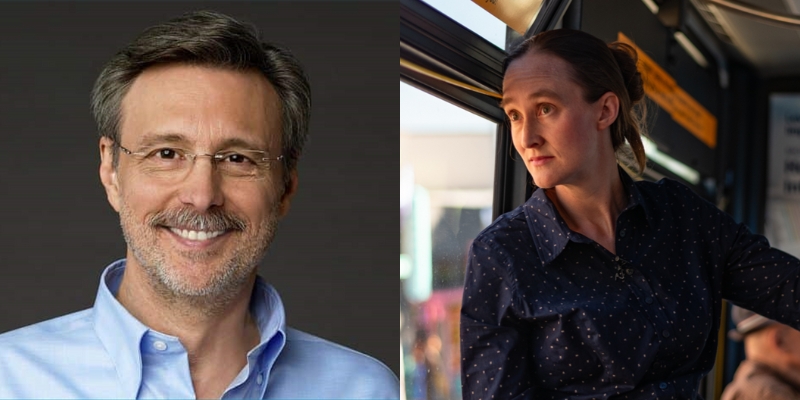It’s a funny thing—the skinny guy with the turban, glasses, and big beard wandering around New York City dressed up like Captain America. People are smiling. People are laughing. People are joyously putting their arms around him to get a selfie. Sikh Captain America is a popular guy in the streets with that charming outfit, that disarming smile, that shield. Hashtag superhero. Tweet. Retweet. Instagram heart. Facebook post. Heart emoji. Hashtag America.
Sikh Captain America’s name is Vishavjit Singh and he’s had a mob come to his house to murder his family. He’s been called names: “clown,” “genie,” “raghead.” Singh wears a turban. He has a beard. He has brown skin. After 9/11 he didn’t leave his house for two weeks, afraid to. Once he did he was eyed, ridiculed, made fun of, yelled at, derided. Once, not five minutes after taking off his Captain America outfit and getting back into his street clothes, someone yelled at him across the street, “Osama bin Laden!”
Singh started writing cartoons of Sikh characters soon after 9/11. He himself grew up in the Sikh faith (the 5th largest religion in the world) and wanted to start making Sikh characters known. One day he drew a Sikh Captain America. Drawing the Sikh superhero he thought we should relish our diversity and understand our commonalities. Then, in 2012, a mass shooting took place at a Sikh temple in Oak Creek, Wisconsin. A white supremacist opened fire, fatally shooting six people and wounding four more.
The shooting affected him. Perhaps, he thought with much cajoling from friends and associates, he should don the Captain America costume and step out into the streets. Those horrible tragedies led him to this—the smiling people, the laughing people, the people eager to take their photo with him. “My palms were sweating,” he says on that first foray into New York’s streets. “I was scared out of my mind.” He got hugs. Cops came up to take pictures of him. A fire station invited him in. He was pulled into a wedding. “I quickly realized I was onto something good.” Ever since, he’s traveled throughout the country, and beyond, to fight intolerance. “We all have stories to tell,” he says. “We just have to reach out to people and ask what theirs is.”
I asked Singh for his story.
He was born in Washington, DC but moved to India as a young child. He left India and came back to the states soon after Indira Gandhi’s assassination in 1984. The news spread fast the day of Gandhi’s death; the assassins were her own bodyguards and those bodyguards were Sikh. Mobs, eager for revenge, roared into the streets looking for Sikhs. The Singh family was terrified. They survived, with the help of their neighbors, but thousands were not so lucky. Sikh men and boys were burned alive. Sikh women were victims of sexual violence. Sikh businesses, homes, and houses of worship were gutted. He’s drawn these experiences into his cartoons. “We need to read our history, tell our stories, and make more connecting points.”
He returned to America and attended college, turbaned and bearded. People laughed at him, and told him to go back to where he came from. He’s an American citizen. “I began questioning why I needed to stand out. People look at me wherever I go.” He took off his turban, got a haircut, and shaved his beard. After he did it, “No one was looking at me! People thought I was Hispanic and started speaking to me in Spanish. I told them I didn’t speak Spanish. They asked, ‘Then what are you?’.”
Singh’s return to his Sikh roots took years. He’s grown his hair long again. He’s grown his beard back. He wears a turban. Also? He wears a superhero costume. “I’m trying to confuse peoples’ initial perceptions. Confusion leads to exploration, exploration to learning, and learning to understanding.”
“Why can’t we all be Captain America?” Singh asks. “We all can be Captain America. Why can’t a girl be Captain America? A black person? A woman? An old man? A child? We’re all Americans. We should not be defined by labels…I am more,” Singh says, “than what you see.”
An introvert by nature, Singh has certainly stepped out of his comfort zone and he suggests that we all take a few steps outside of our own comfort: “We need to create a safe space for each other. We can learn so much from each other.” As Captain America he goes to comic book conventions, camps, retreats. He lectures to children and adults, and he exhibits at museums (including WHAM! BAM! POW! Cartoons, Turbans & Confronting Hate, now showing at the Wing Luke Museum).
Why? He doesn’t want anyone to feel like he’s felt his whole life: like ‘an other.’ “We write our story every day. Find a way to tell it,” he implores us. “Find your voice. We all have a voice.”
Who is Vishavjit Singh? A Sikh, an American, a cartoonist, a husband, a son, a brother, a writer—more than all that. He teaches us that we’re more than a label, more than the sum of our parts. He’s Captain America, and he’s here to tell us: so are we all.
Don’t miss Singh’s event at Langston Hughes Performing Arts Center on October 1st and 7:30PM. Reserve your tickets here.

